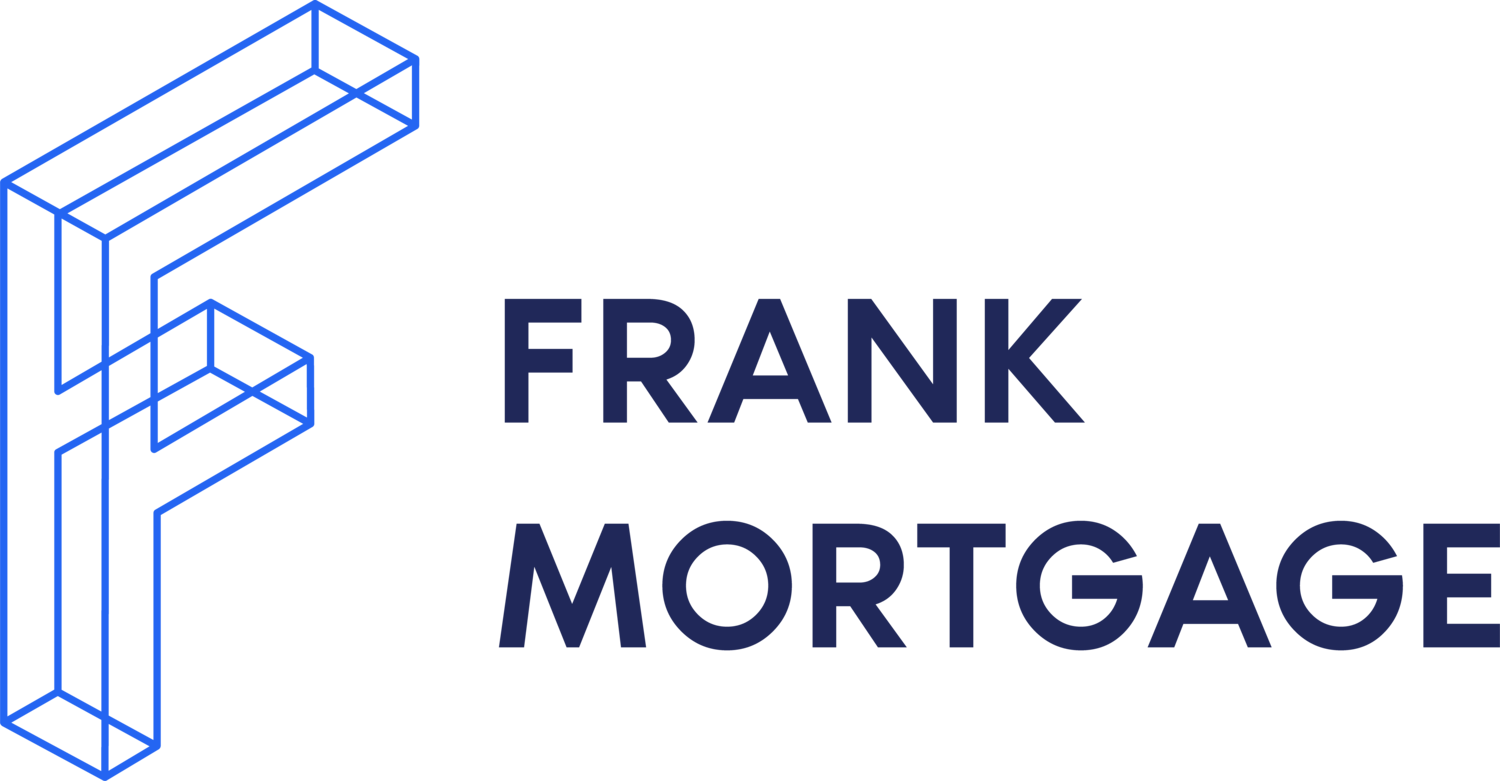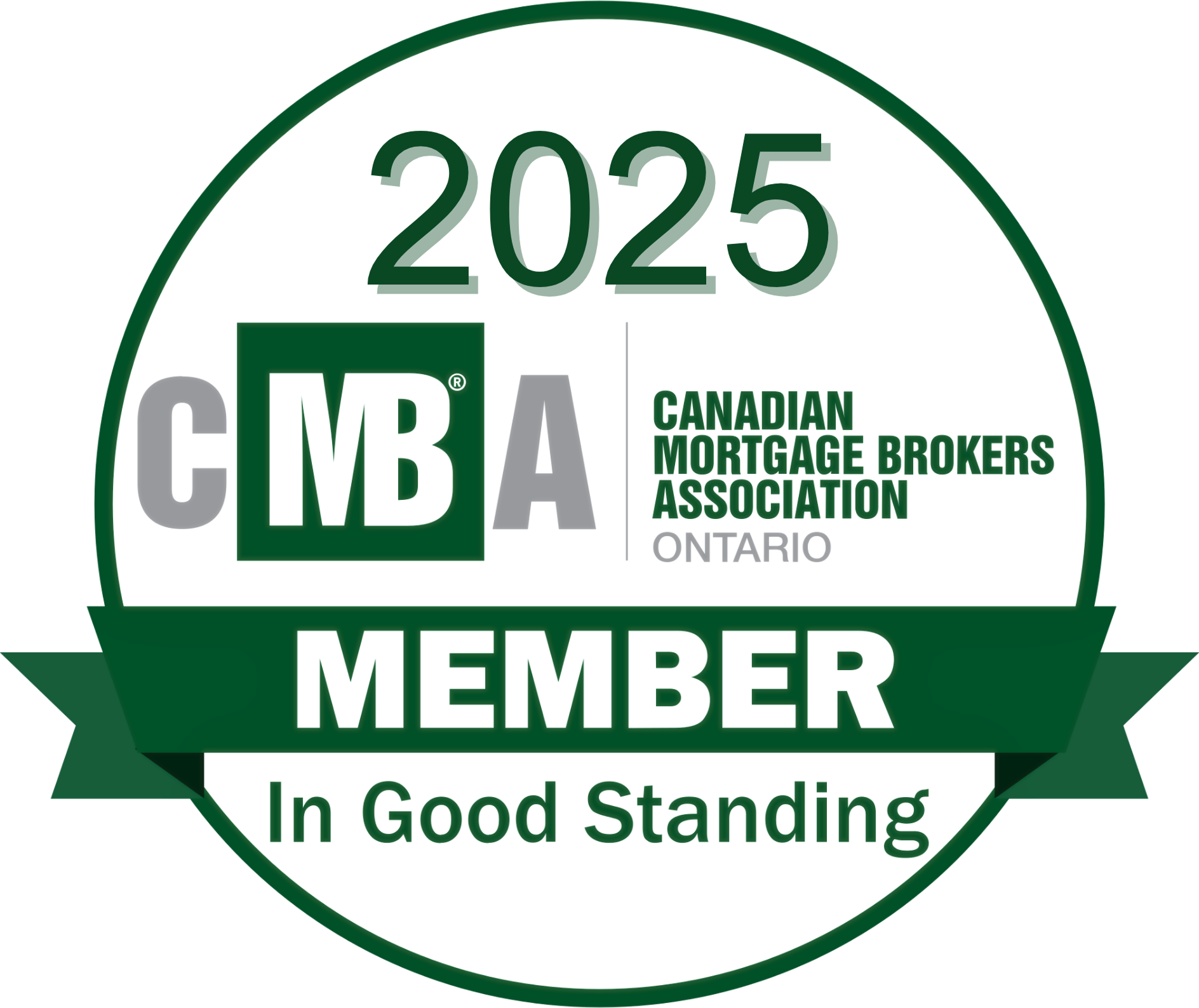Bad Credit Mortgage in Canada 2025
How to Get Approved Even with a Low Credit Score

Yes, you can still buy a home in Canada with bad credit. Thousands of Canadians do it every year.
Having a credit score below 600 (or even below 550) is more common than you think, and it doesn’t have to stop you from getting a mortgage today. In this guide, we’ll show you exactly how to get a bad credit mortgage in Canada, what your real options are right now, and how to fix your credit so you can renew into a much lower rate in 1 to 3 years.
What Does "Bad Credit" Really Mean in Canada?
Think of your credit score like the official record of how you've handled your debts. In Canada, there are two main companies that maintain credit bureaus that track this: Equifax and TransUnion. They give you a credit score between 300 and 900 based on things like whether you pay bills on time, how much debt you owe, and if you've had any late payments or collections.
How any lender views your credit depends on the product. For mortgage lenders, the key credit score is 680. If you have a score under 680 you are likely to be declined for an A-mortgage. Insured mortgages also require a minimum credit score of 680.
It is sometimes possible that a lender will approve you for an A-mortgage if your score is a bit below 680, if the rest of the application is solid. Otherwise, B-mortgage lenders and private mortgage lenders are available when your credit score is below 680.
If you're curious about your credit score, grab a free credit report from Equifax or TransUnion. They let you have a free report once a year. You can also check on some bank apps and on sites like Borrowell or Loans Canada.
The Big Question: Can You Still Get a Mortgage with Bad Credit?
Absolutely, yes! Just because the major banks have strict rules doesn't mean the door is slammed shut. Canada has a flexible lending system with options. If you have poor credit, you might pay a bit more in interest right now, but it's a stepping stone to homeownership. You do not need to feel stuck; many people start here and upgrade later. The key is knowing your choices. Traditional lenders want that prime score for the lowest rates, but B-lenders or private lenders look at the whole story and can lend to borrowers with poor credit.
How to Get a Mortgage Today with a Lower Credit Score
Ready to investigate what might be possible if your credit score isn’t great? Here's a straightforward game plan to get financed now. Start by finding an experienced mortgage broker. Not just any mortgage broker but a mortgage broker that deals with multiple B-lenders and private lenders. There are dozens of these kinds of lenders operating in Canada and if your mortgage broker only deals with a couple of them, you may not find the lender that is right for you. Other things to do to prepare yourself:
- Clean up your finances as best you can. Make all your current payments. Pay down some debt if possible.
- Save a bigger down payment. For B-lenders (best rates for bad credit) and private lenders the minimum down payment required is 20%. This means they could lend to a maximum of 80% of the home’s value (as determined by an appraisal).
- Gather proof of steady income. If your credit score is low, the rest of your application needs to be solid. Don’t apply if you are not steadily employed or unable to demonstrate stable income over time. Pay stubs, tax returns, bank statements and other documents will be required by B-lenders. Private lenders care less about confirming your income but want to know you are capable of carrying the mortgage.
- Shop for the right lender type. If it has been determined that an A-mortgage is not possible then look at B-lenders. Don’t pursue private lending options until you know a B-lender is not possible. B-lenders have better rates and lower fees than private lenders.
What you need to Know About B-lenders
B lenders are mostly regulated financial institutions. Most have been around for many years, and they offer a variety of mortgage products. Key things to know:
- They charge rates higher than A-lenders. These rates can range from about 1% to 4% higher than A-lenders
- Mortgage terms typically range between 1-year and 3-year, but some offer up to 5-year mortgages
- Some offer second mortgages
- They often deal with borrowers with good credit but difficulty proving stable income
- They also deal with ‘bruised’ or poor credit borrowers. Credit scores below 600 can be acceptable
- They also charge a lender fee, which is typically about 1% of the mortgage amount
- They may cap the allowable LTV to 65% in some cases
What You Need to Know About Private lenders
Private mortgage lenders are private companies or individuals that lend money against property. They focus more on the collateral (i.e. the property) and less on credit (i.e. the borrower). Key things to know:
- Private lender rates are higher, typically around 6-12% today, depending on the situation and location of the property
- Their mortgages are shorter term, most commonly 1-year but also up to 3-year
- Some offer second mortgages
- Your credit score doesn’t matter for many private lenders. They care more about the loan-to-value ratio and the quality of the property
- They charge lender fees that can be large. Depending on the lender these fees can range anywhere from 1% to 7%. Try to avoid the lenders charging fees at the higher end of this range
- They will cap the allowable LTV to 65% in some cases
Your Home Awaits; No Excuses Needed
Having imperfect credit doesn't have to end your homeownership dreams. You're in good company with over 20% of Canadians having credit scores under 600, according to Equifax. Plenty of them own homes anyway. The alternative lending markets (B-lenders and private lenders) are growing in Canada and present common solutions for many Canadians.
How to Improve Your Credit Score Fast for a Better Renewal
Once you enter the housing market using a B-mortgage or a private mortgage how do you build better credit? Most bad-credit mortgages are short-term (1–3 years). Use that time to boost your score so you can refinance into a prime rate and save thousands. The fastest ways to raise your credit score (50–150 points in 6–12 months) include:
- Pay every bill and loan payment on time (this is 35% of your credit score). Making the monthly payments on your new mortgage on time will improve your credit score.
- Pay down credit cards below 30% of their limits. Low utilization rates improve your credit score (this is 30% of your credit score)
- Get a secured credit card and use it responsibly
- Report your rent and phone bills with services like Chexy or Borrowell Boost
- Avoid new debt. Avoid taking on any big loans until your score climbs.
- Dispute errors on your report (free at Equifax.ca and TransUnion.ca)
Improving your credit score should be one of your key objectives to place you on a path to upgrading your mortgage renewal in the future. A better credit score in the future means lower rates, potentially saving you thousands.
Here is a real example using Nov 2025 Numbers
- Mortgage size: $400,000
- Down payment: 20% ($80,000)
- Credit score: 580
- Current bad-credit mortgage rate: 7.49% (B-lender) → monthly payment = $2,923
- After 1 year of credit repair → new credit score 690 → refinance at 4.39% → new payment = $2,189
- You save $734/month → $8,800/year
Final Thoughts: Bad Credit Is Fixable and Homeownership Is Still Possible
You are not alone, and you are definitely not out of options. Whether you go with a B-lender today or a private mortgage to get your foot in the door, thousands of Canadians in your exact situation become homeowners every single year.
Ready to see what you actually qualify for right now? Get in touch with us at Frank Mortgage at www.frankmortgage.com or call us at 1-888-850-1337. We can evaluate your situation and provide you with free advice and analysis, so you understand what is possible. You’ve got this. Your home is closer than you think.
This article is for information purposes only and is not personalized financial advice. Speak with a licensed mortgage professional for your specific situation.
Related posts:
https://www.frankmortgage.com/blog/private-mortgages-in-canada
https://www.frankmortgage.com/blog/building-your-credit-in-canada
https://www.frankmortgage.com/blog/mortgage-renewal-strategy
About The Author

Don Scott
Don Scott is the founder of a challenger mortgage brokerage that is focused on improving access to mortgages. We can eliminate traditional biases and market restrictions through the use of technology to deliver a mortgage experience focused on the customer. Frankly, getting a mortgage doesn't have to be stressful.






